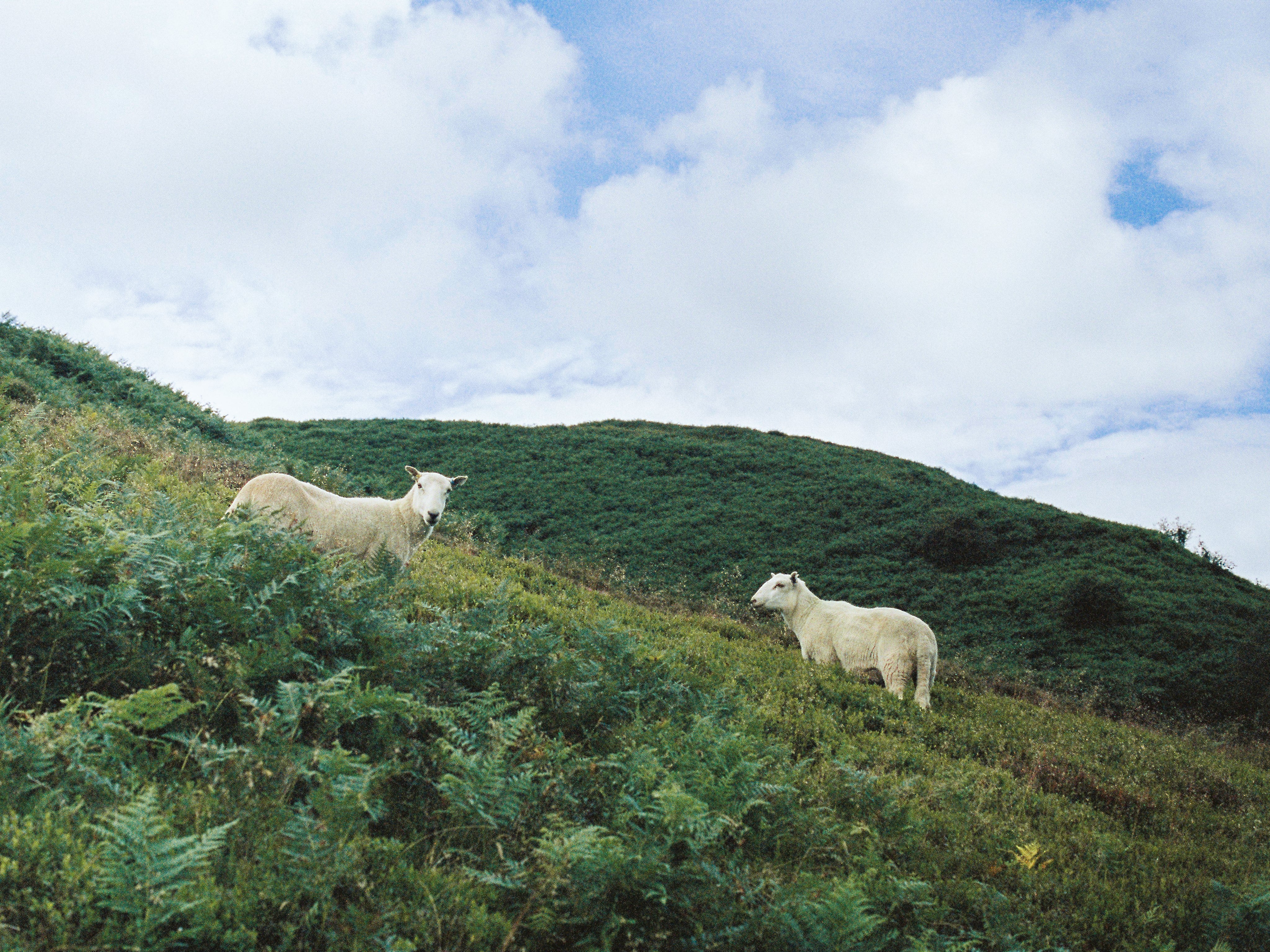Many people associate wool with fashion and sustainability, praising its biodegradability and natural appeal. However, what’s often overlooked is wool’s impressive technical performance - rivaling even the most advanced synthetic fibers.
For those familiar with its properties, wool is more than just a cozy fabric; it’s a material that keeps you warm even when wet and resists odors even after prolonged wear. This combination of resilience and functionality is why sailors of the past favored wool over other fabrics.
The Science Behind Wool’s Performance
Wool’s ability to retain warmth when wet is rooted in its unique fiber structure. The natural crimp in wool fibers allows them to absorb up to 30% of their weight in water before the insulating air pockets collapse. Additionally, wool contains lanolin, a natural oil that provides water resistance, making it surprisingly difficult for moisture to fully saturate the fabric.
Even when wool fibers absorb moisture to their core, something remarkable happens. A chemical reaction within the fibers breaks down water molecules (H₂O), generating a small amount of heat. While it won’t replace an electric blanket, this process helps dry the garment from within - whether it’s a Merino base layer, a worsted wool coat, or a Simswear jumper.
Natural Odor Resistance
Another standout feature of wool is its ability to combat odor. Sweat itself isn’t what smells - it's the bacteria that thrive in warm, humid conditions. Wool’s hygroscopic nature allows it to absorb moisture and trap odor-causing bacteria, preventing them from multiplying. These bacteria remain locked in the fibers until the garment is washed, ensuring a fresher feel for longer.
A Versatile Performer
While wool may not be as waterproof as Gore-Tex, it excels as a breathable, antimicrobial layer in cold weather. At the same time, its lightweight and moisture-wicking properties make it a great choice for warmer days. Whether you're layering up for winter or reaching for something soft and breathable in summer, wool proves itself as a high-performance material in any season.



